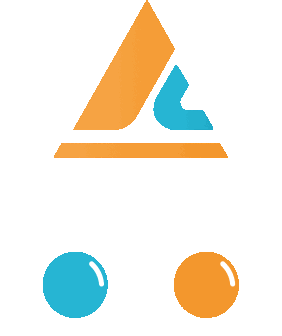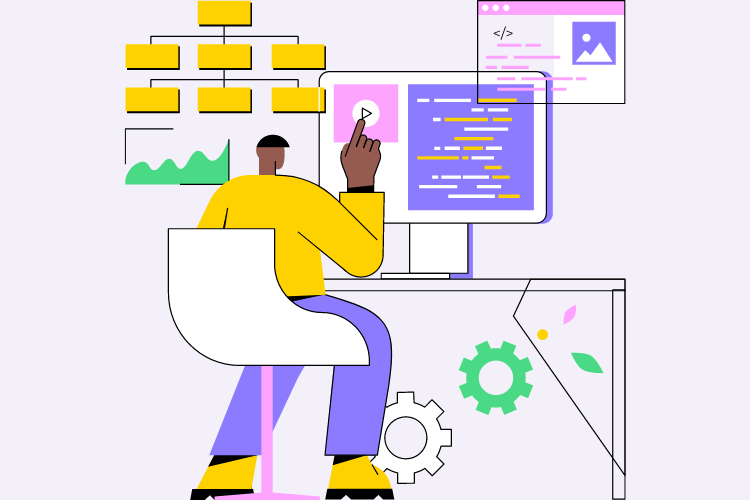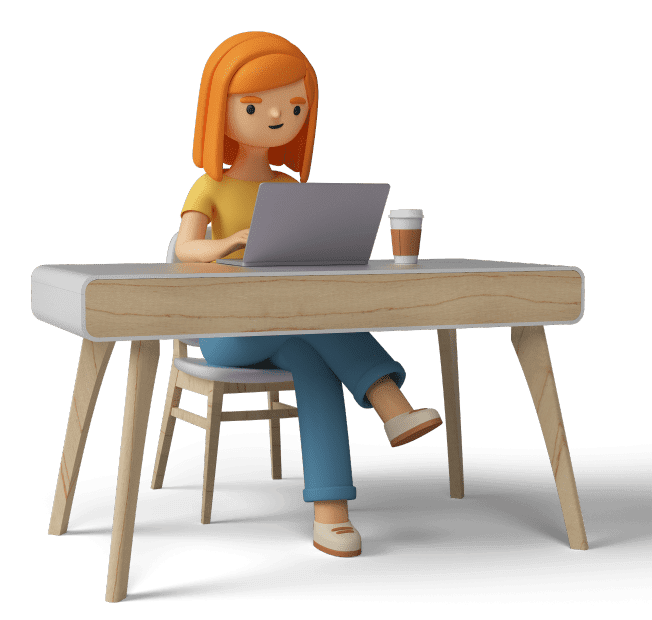
Close

BCoder Castle – Best Software App & Web Design Development Company 2023

Google’s open-source Flutter UI development framework enables programmers to construct high-performance native applications for various platforms using a single codebase. The process of developing aesthetically pleasing and responsive mobile, web, and desktop applications is made simpler by Flutter’s hot-reload capability and large widget library.
Flutter is a versatile framework for developing mobile applications that allow developers to build apps for Android and iOS simultaneously using a unified codebase. Flutter uses a single programming language (Dart) and a single codebase, which dramatically lowers development time and effort, in contrast to native app development, where separate codebases are needed for each platform. Developers may produce highly configurable and aesthetically pleasing user interfaces using Flutter’s wide collection of pre-designed widgets and reactive framework.
In addition, Flutter provides a hot-reload functionality that enables developers to view changes made to the code right away without having to restart the application. Flutter has become well-known as a popular and economical option for cross-platform app development thanks to its performance enhancements and native-like user experience.

When it comes to performance, Flutter has made significant strides and is known for delivering high-performance apps. However, it’s important to understand the context and consider various factors that can affect performance.
Flutter, Google’s UI toolkit for building natively compiled applications, has gained popularity among developers for its cross-platform capabilities and performance. Here are some real-world examples of successful apps built with Flutter:
Google created the well-known cross-platform framework Flutter, which has bright future possibilities and new developments coming soon. Flutter is anticipated to have ongoing growth and development due to the increasing popularity it has among developers and a thriving community. Improved platform compatibility, enhanced UI capabilities, improved performance optimizations, and increased tool and framework integration are a few projected improvements. The ability to construct stunning, high-performance applications across several platforms and Flutter’s focus on offering a seamless development experience make it an appealing option for developers in the upcoming years.
Build your future mobile app development with our experienced Flutter developer in Dubai. Our skilled professionals specialize in creating high-quality cross-platform Android and iOS apps, designed to optimize and streamline your business processes. With our seamless Flutter apps, you can enhance efficiency and reach a wider audience, all while enjoying a consistent and polished user experience. Trust us to deliver outstanding results and propel your business forward in the digital world. Visit bcoder.in.
A: Yes, Flutter is appropriate for creating sophisticated applications. Its strong foundation and sizable widget library give users the tools and parts they need to perform complicated UI designs, animations, state management, networking, and other tasks.
A: You can migrate a native app that is already in use to Flutter. You may interface with native code and already-existing APIs using Flutter’s Platform Channels and Dart’s FFI (Foreign Function Interface). This enables you to leverage your current codebase while progressively moving your app to Flutter.
A: Definitely! For new companies and small organizations, Flutter can be a fantastic option. Costs and time to market are decreased thanks to its cross-platform features and quicker development cycle. Additionally, by releasing their apps across many platforms, businesses may reach a larger audience thanks to Flutter’s one codebase.

